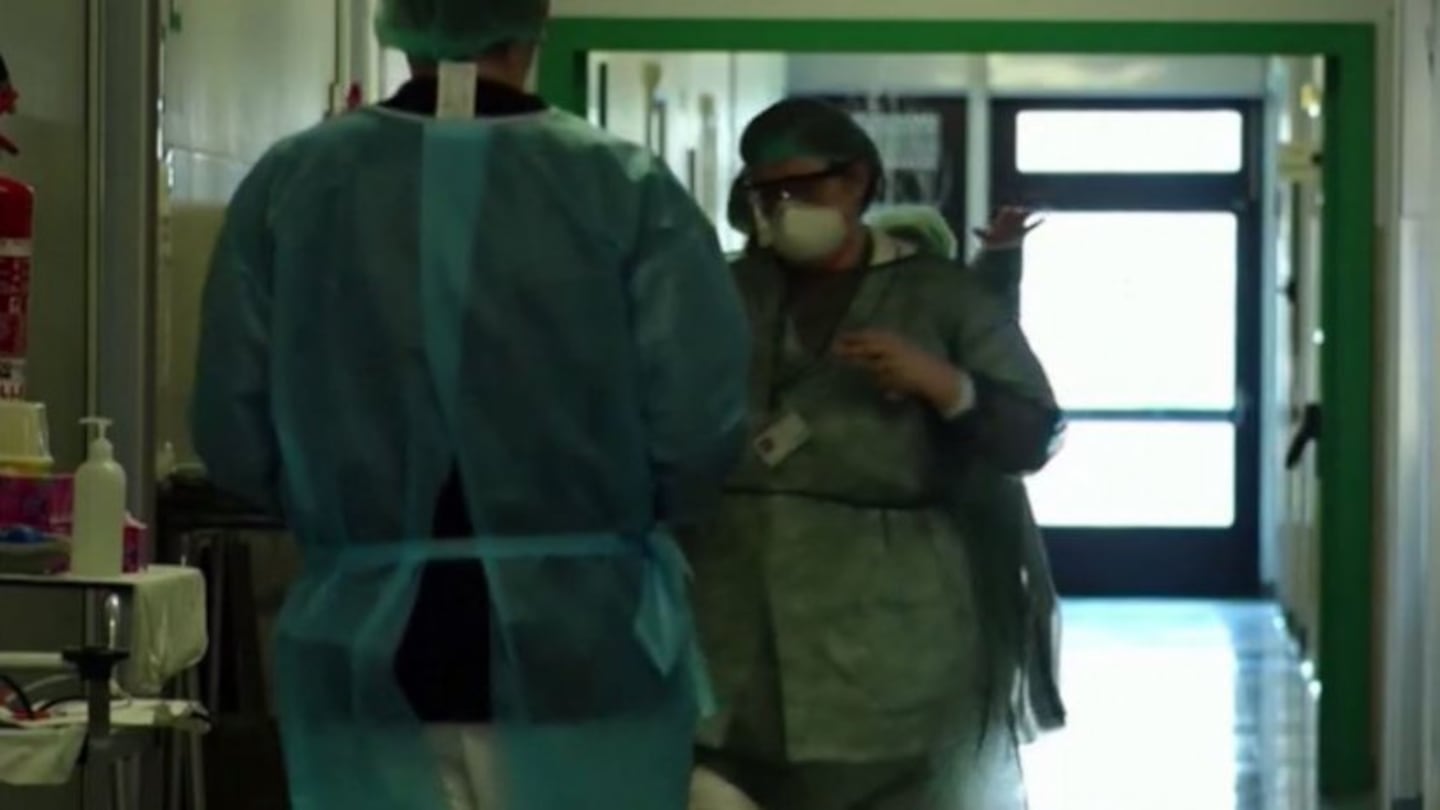Photo / File
Health inequities between Māori and non-Māori adults cost more than $860 million a year and this cost is disproportionately borne by Māori, according to a new Indigenous-led study.
The study hosted by the University of Auckland found that Māori health inequity directly costs the health system $39.9 million per year.
But when indirect costs are added from lost years of life and lost wages - which were mostly borne directly by Māori whānau - the overall cost skyrocketed to over $863.3 million.
Furthermore, Māori significantly underutilised primary care, creating an annual saving to the health system of $49.4 million per year, the study reports.
"Understanding the dollar cost of such health inequities is vital to holding the health care sector accountable for generations of inaction," said Associate Professor Jacquie Kidd, from AUT's School of Clinical Sciences, who provided expert reaction to the study in a Science Media Centre statement on Friday.
"We have known for a long time that whānau feel a significant financial burden when a loved one is unwell and needs awhi and manaaki, as well as the costs associated with accessing care and treatment. This is in addition to the more tangible results such as the loss of work, and either premature retirement or early death."
Associate Professor Rhys Jones (Ngāti Kahungunu) is another to provide expert comment.
A member of the University of Auckland's Te Kupenga Hauora Māori, he works in the same department as some of the study's authors. Dr Jones said the health inequities are "immoral" and "one manifestation of structural racism".
"Another key message from the study is that the costs of health inequities are disproportionately borne by Māori.
"In fact, in certain settings the net impact for the public health system is a financial saving. For example, in primary care millions of dollars are saved every year by underservicing Māori, with the costs effectively passed on to Māori whānau and communities.
"This represents an unconscionable breach of human rights and a dereliction of duty by the New Zealand health system," he said.



